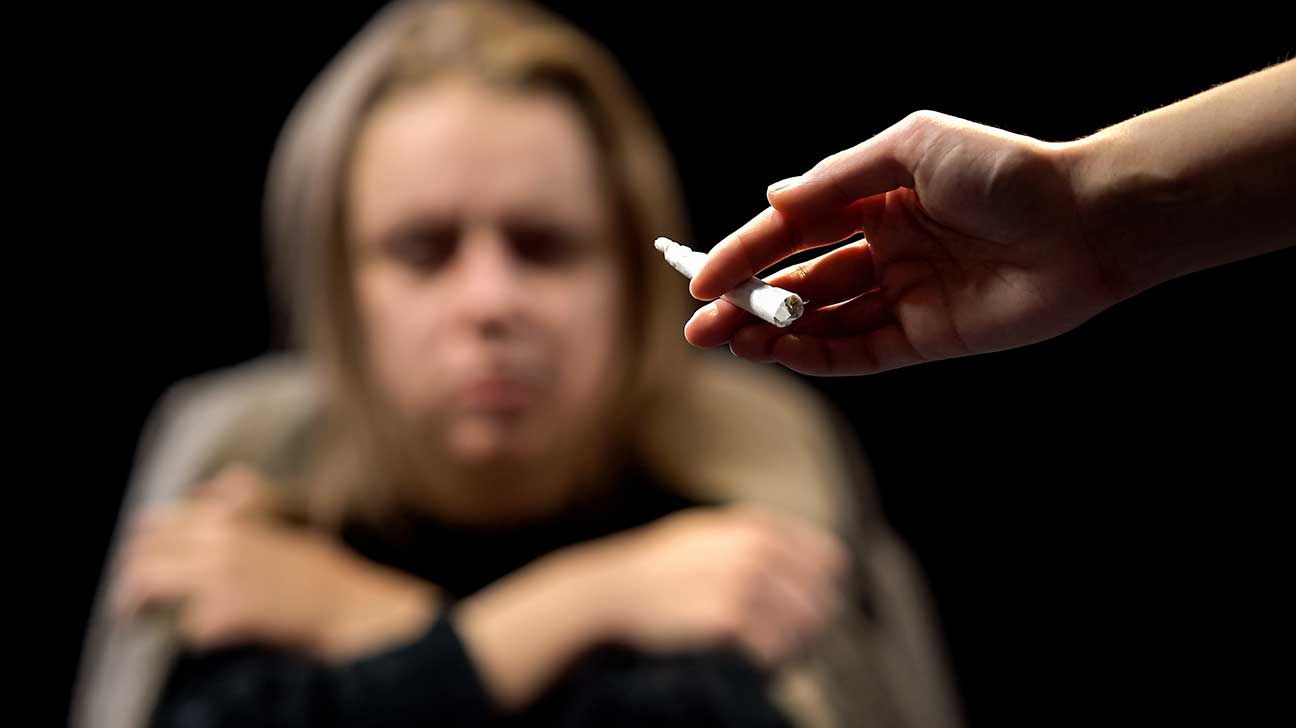
As the behavioral health industry’s understanding of substance abuse grows, so does the push for treating early signs of addiction.
Older, stigmatizing beliefs about drug and alcohol addiction expect people to “hit rock bottom,” or experience the negative consequences of severe substance abuse, before seeking treatment.
However, treating substance use disorders (SUDs) early may be the key to helping people avoid reaching this point and suffering from personal losses due to substance abuse.
What Is Pre-Addiction?
Pre-addiction is a newer term coined to describe the stages of mild to moderate substance abuse that often come before severe addiction.
By identifying potential substance abuse early, people can take measures to prevent full-blown addiction. This can be integrated into routine health checkups similar to blood pressure or cholesterol tests.
There are many benefits associated with catching drug abuse early, including:
- decreased need for intense treatments like detoxification or inpatient rehab services
- higher chances of successful long-term recovery
- less money spent on addiction treatment
- lower risk of serious health problems from substance abuse
- easier time introducing healthy habits and lifestyle changes
Although more research is needed to determine precisely what pre-addiction screenings will encompass, existing knowledge tells healthcare providers what to look for.
To help more people early on, there needs to be an increased understanding that addiction is a treatable disease.
This and other general information on addiction can also reduce addiction stigmatization, helping more people feel comfortable seeking care.
Warning Signs Of Drug And Alcohol Abuse
No two people experience addiction the same way, so signs and symptoms can be difficult to spot at first. However, there are some common behaviors to be aware of.
As addiction progresses, the person will likely start using higher doses of the substance at more frequent intervals to achieve the same effects.
They may also start missing school or work and show disinterest in participating in hobbies or being around loved ones.
Other warning signs of substance abuse may include:
- bloodshot eyes or unusual pupil size
- changes in appetite or sleep habits
- less interest in personal grooming and appearance
- weight loss or weight gain
- acting suspicious or lying to loved ones
- sudden financial problems
- changes in mood, personality, or behavior
- using substances regardless of negative consequences
Having two to three symptoms is an indicator of a mild SUD, while six or more indicates a more severe addiction.
When Should I Seek Help For A Substance Use Disorder?
If you are concerned that you or a loved one may be exhibiting early signs of substance abuse, don’t hesitate to talk to your doctor or healthcare provider.
You can also reach out for help if you or your loved one may be experiencing withdrawal symptoms, can’t stop using the substance, or has participated in unsafe behavior.
It is not necessary to wait until the addiction seems “serious” or life-threatening. Qualified healthcare providers can help you at any stage of substance abuse.
With the assistance of addiction treatment specialists, interventions can be useful in helping people understand the effects that their substance abuse is having on themselves and others.
Potential Pre-Addiction Treatment Methods
The proposed treatment for pre-addiction is far less intense than treatment for severe substance use disorders. It often focuses on building healthy habits and making other lifestyle changes.
During pre-addiction, people may have control over their drug or alcohol use. People with mild pre-addiction may even be able to self-treat with some simple alterations to their daily routines.
Pre-addiction treatments are still being developed but may be similar to existing substance abuse recovery methods.
Treatment options may include:
- peer support
- recovery coaching
- individual, family, or group therapy
Implementing habits like healthier eating, exercise, or meditation may also be useful. Existing therapies, like medication-assisted treatment (MAT), may also be useful in certain cases.
Treating pre-addiction may have a significant impact on current rates of substance abuse, and stopping drug and alcohol abuse early has the potential to save lives.
Get Help For A Substance Use Disorder
If you or a loved one is experiencing drug addiction or alcohol abuse, you are not alone. Contact us today to learn more about the recovery journey.
Published on June 28, 2023
Free Rehab Centers aims to provide only the most current, accurate information in regards to addiction and addiction treatment, which means we only reference the most credible sources available.
These include peer-reviewed journals, government entities and academic institutions, and leaders in addiction healthcare and advocacy. Learn more about how we safeguard our content by viewing our editorial policy.
- Mayo Clinic
https://www.mayoclinic.org/diseases-conditions/drug-addiction/symptoms-causes/syc-20365112 - National Institute on Drug Abuse (NIDA)
https://nida.nih.gov/about-nida/noras-blog/2022/07/time-to-start-talking-about-pre-addiction - Psychology Today
https://www.psychologytoday.com/us/blog/use-your-brain/202208/why-recognizing-pre-addiction-could-save-lives
